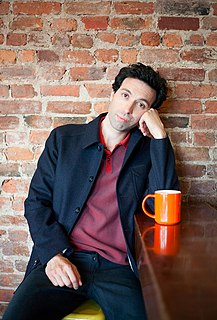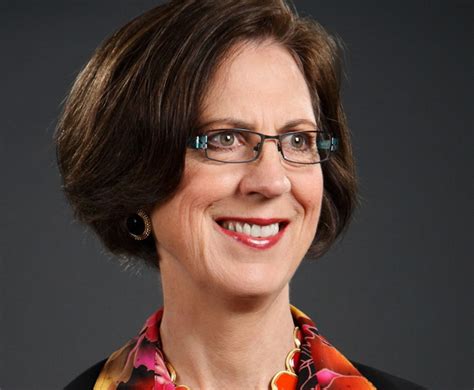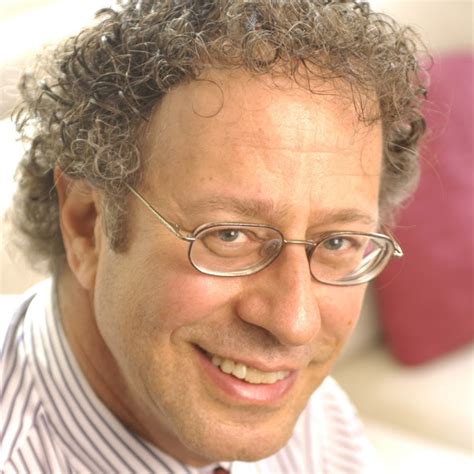A Quote by Maria Popova
Because it is possible to create - creating one's self, willing to be one's self - one has anxiety. One would have no anxiety if there were no possibility whatever.
Related Quotes
When we prioritize and focus... and that becomes the anchor... the relationship becomes the anchor... and it trumphs everything else... than it's at once freeing and anxiety relieving... because the connection itself feeds empowerment and self-worth and self-esteem so it takes away the anxiety of raising a child.
Anxiety and desire are two, often conflicting, orientations to the unknown. Both are tilted toward the future. Desire implies a willingness, or a need, to engage this unknown, while anxiety suggests a fear of it. Desire takes one out of oneself, into the possibility or relationship, but it also takes one deeper into oneself. Anxiety turns one back on oneself, but only onto the self that is already known.
I do have commitment phobia, which I think is underlied by death anxiety. I feel that if you are in a relationship, there is a real genuine possibility of plateauing, and there is a possibility for a creative, emotional and spiritual death because of it. Only part of me feels this way, but it's enough to create an anxiety which makes me think twice before committing.
Deep within every human being there still lives the anxiety over the possibility of being alone in the world, forgotten by God, overlooked among the millions and millions in this enormous household. One keeps this anxiety at a distance by looking at the many round about who are related to him as kin and friends, but the anxiety is still there, nevertheless, and one hardly dares think of how he would feel if all this were taken away.
Even more than the depression, it was my anxiety and agitation that became the defining symptoms of my illness. Like epileptic seizures, a series of frenzied anxiety attacks would descend upon me without warning. My body was possessed by a chaotic, demonic force which led to my shaking, pacing and violently hitting myself across the chest or in the head. This self-flagellation seemed to provide a physical outlet for my invisible torment, as if I were letting steam out of a pressure cooker.
Surveillant anxiety is always a conjoined twin: The anxiety of those surveilled is deeply connected to the anxiety of the surveillers. But the anxiety of the surveillers is generally hard to see; it's hidden in classified documents and delivered in highly coded languages in front of Senate committees.
Anxiety is so pervasive in my work, it's like it's not even a thing because it's always there. Like air. I have to work through a layer of anxiety to get to anything else. It's embarrassing to me when people point out to me all the anxiety I portray in my work. I don't ever want to write about anxiety again but it'd be like leaving a huge gap in the picture.
The cure to combat the three Ss- stress, strain, and speed- can be found in three Ws- the work of devoted practice, the wisdom that comes of understanding the self and the world, and worship because ultimately surrendering to what we cannot control allows the ego to relax and lose the anxiety of its own infinitesimally small self in the infinitude of the divine.
Now that I think about it, my 40th birthday was the most anxiety I've ever had, and my wedding was also the second time I've had that much anxiety. So I'm starting to realize that I can't be throwing these big bash parties because I need to own that I get anxiety with a lot of people diverting their attention to me.





































